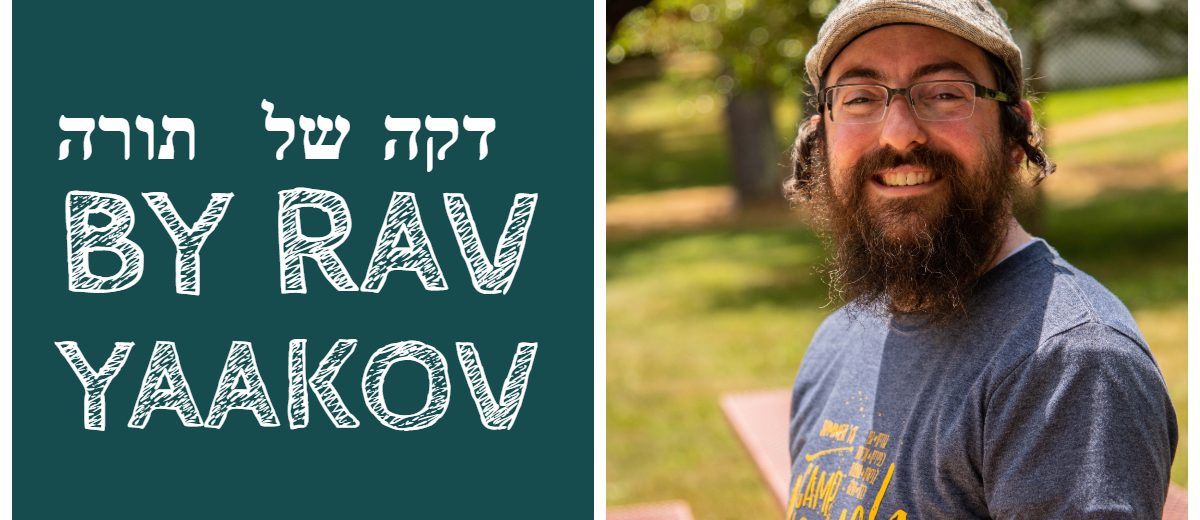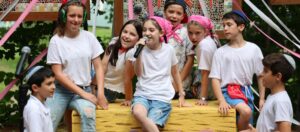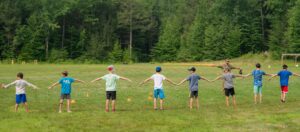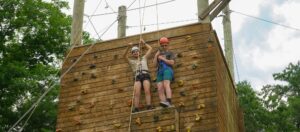
Ha’azinu – Say it with Song
This week’s parsha details Moshe’s final speech to Am Yisrael before his death. Unlike other portions of the Torah, Ha’azinu is unique in that it is formatted as a song, one of ten songs that appear in the Tanach. Moshe essentially writes Am Yisrael a poem, and sings it to them. Why does Moshe choose a song to convey his final messages to the people?
Think about the last time you really sat and listened to a song you love. The experience of music is so different from the experience of hearing prose. We can disappear into music, and it can transport us.
Moreover, music helps words enter the soul and become internalized so much more than speech. It helps convey a message that mere words sometimes cannot. Perhaps this is why we chant the Torah when we read it together? In fact, there are places where we get a deeper understanding of what the Torah is saying based on how we traditionally chant the verse – it gives us clues as to its meaning.
Think about your favorite book and your favorite song. You can probably sing the song and know the lyrics by heart, but you probably can’t recite a whole passage of your favorite book, even if you’ve read it many times. In the Hungarian Experiment, researchers at the University of Edinburgh found that people can learn very difficult foreign languages much more easily if the words are put to music. We’ve just come out of Yom Kippur, where we really see the power of music. The service has plenty of text that we recite, but it is broken up by beautiful piyyutim, poems set to music which help us take the meaning of the day to a deeper place within ourselves.
Moshe sang to the Jewish people his final words of love, remembrance, and of warning, because he wanted them to internalize and remember what he was saying. Demonstrating his power as a leader, Moshe calls back to the formative experience the Israelites had as they left Egypt — singing together after crossing the sea, celebrating being a free people together, for the first time. Moshe observed the power of song in the lives of the nation. If one of our peoples’ first acts of liberation was to sing, then perhaps Ha’azinu is an echo of that experience. Moshe is implicitly telling the people that they don’t need him there to be united — they came together in song at the sea, and they will stay together, crossing into the Land to hopefully live out everything he has taught them.
Questions for the Shabbat table:
- If your life’s message were to be delivered in a song, what genre would it be, and why?
Around the Shabbos table, ask each person: What’s your favorite song? Why is it your favorite? What message does it convey that couldn’t be conveyed through speech?



